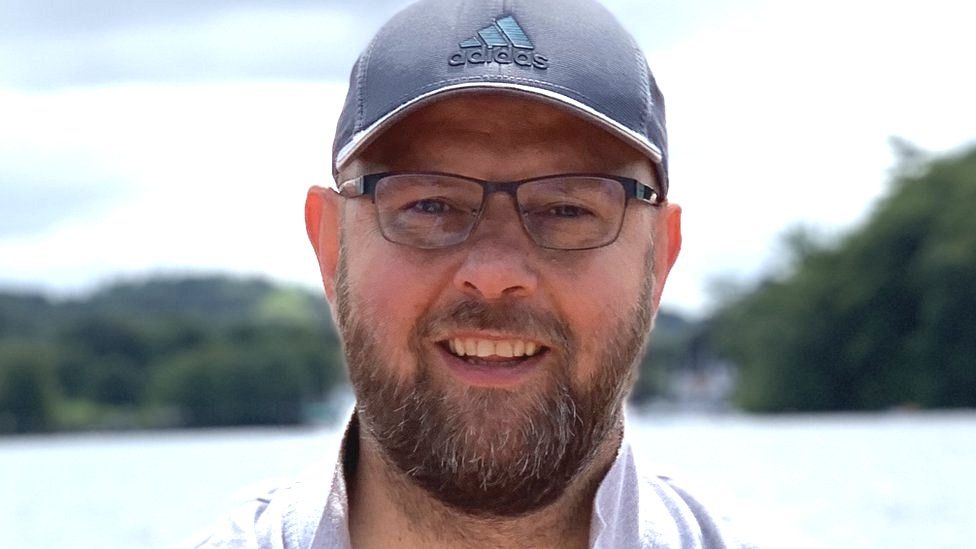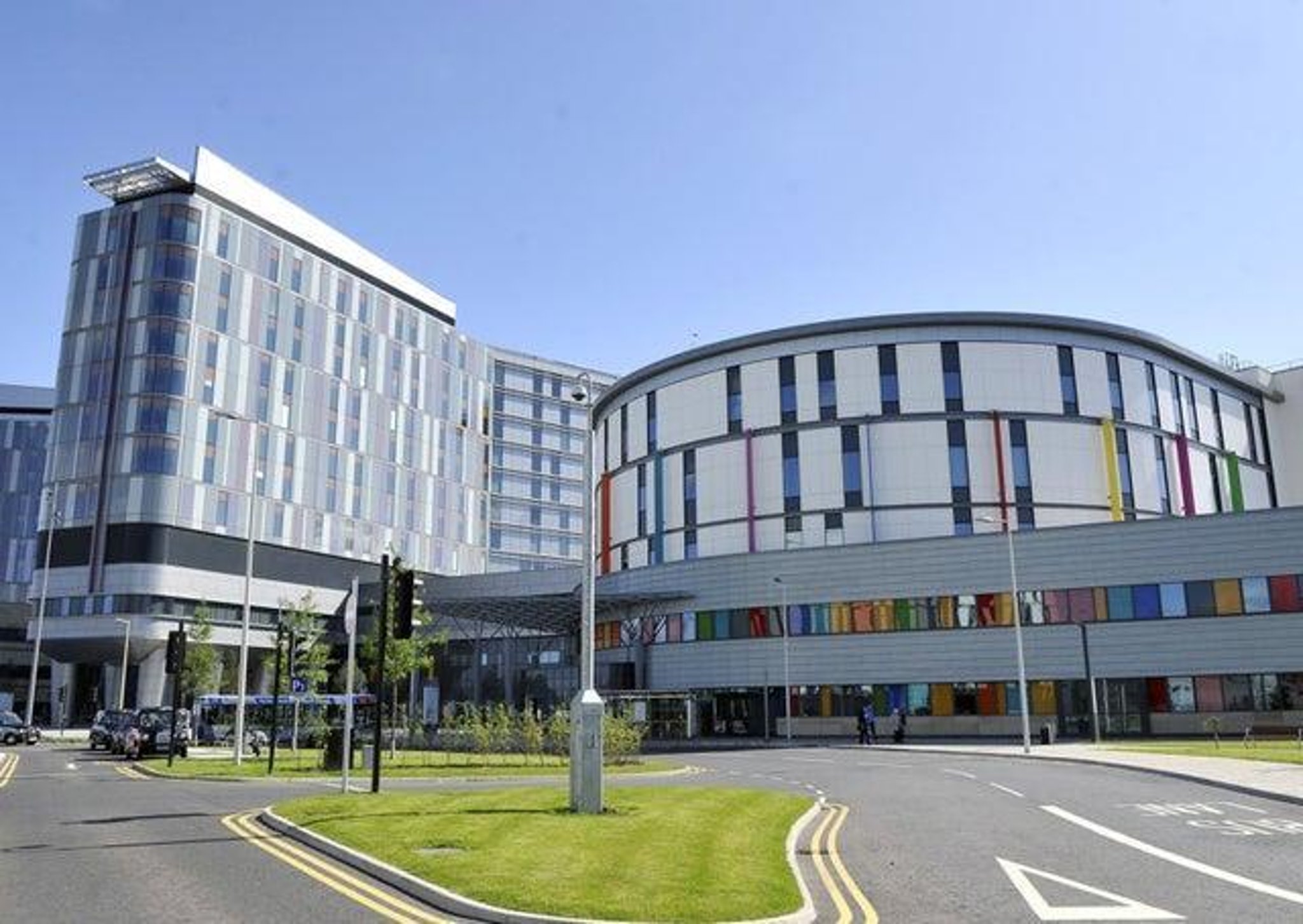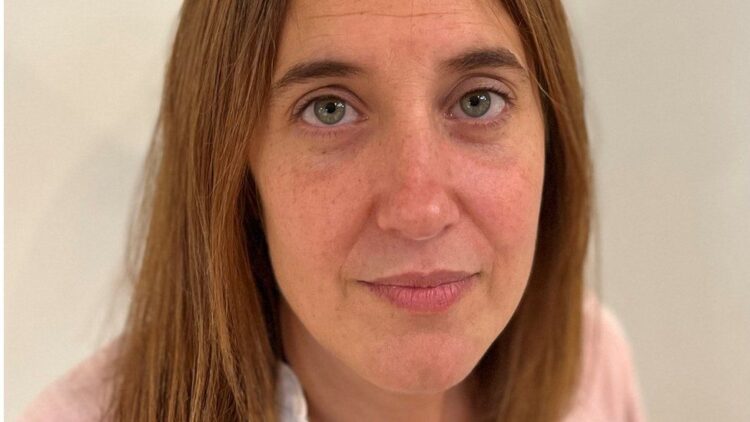By Charlotte Webster-
The widow of a top Scottish government official, who died after contracting Covid, has accused the hospital that treated her of hiding the full details of his illness. Andrew Slorance caught covid after going into Glasgow’s Queen Elizabeth University Hospital for cancer treatment a year ago, but also caught another life threatening infection there.
What role the other infection played in his death is crucial to an inquiry she is pushing for .
Her serious complaint also raises question of which illness mainly caused her death out of the three factors of cancer, the infection, or Covid-19.
The role played by other causes in the deaths of those registered as Covid-19 has been topical among the British public and some professional researchers at The Eye Of Media.Com for a while, this important aspect rarely addressed by the mainstream media, with the exception of The Daily Telegraph from time to time.
This public complaint from the wife of a top Scottish official puts Queen Elizabeth hospital in the spotlight as a potential beginning point for wider examination for both inquiry and research.
Mr Slorance was head of the Scottish government’s response and communication unit, responsible for its handling of the Covid pandemic, but found himself falling victim to the fatal virus. When he died First Minister Nicola Sturgeon led tributes, saying the government was devastated.
He died nearly six weeks into his stay, with the cause of his death listed as Covid pneumonia.
The 49-year-old official went in to the £850m flagship Queen Elizabeth University Hospital (QEUH) at the end of October 2020 for a stem cell transplant and chemotherapy as part of treatment for Mantle Cell Lymphoma (MCL).
After requesting a copy of his medical notes, Mrs Slorance discovered her husband had also been treated for an infection caused by a fungus called aspergillus, which had not been discussed with either of them during his hospital stay. She believes it may have played a part in her husband’s death and is livid that she was not told.
Mr Slorance was moved to ICU on 20 November of last year and died on 5 December.
His wife believes that he contracted Covid in the hospital when he should have been protected by strict infection control measures as his immune system was weakened by chemotherapy.
Mr Slorance was first treated for Mantle Cell Lymphoma (MCL) in 2015, but suffered a relapse in 2019.
After a second stem cell transplant was delayed due to the pandemic, he was finally admitted to the haematology ward at the QEUH on the 26 October 2020, after a negative Covid test.
Despite being treated in an isolation room during this time, he tested positive eight days later on 3 November, and he was moved for his Covid treatment – eventually to intensive care.

Andrew Slorance
His wife told the BBC: “I think somebody and probably a number of people have made an active decision not to inform his family of that infection, either during his admission or post-death.”
Mrs Slorance believes that officials wanted to protect the hospital, which is already the subject of a public inquiry, and its reputation, “no matter what the cost”.
She said: “The impact of the health board hiding the fungal infection will have lifelong impacts on all members of our family, including five children.
“The reason? To protect a building, a health board and political decision-making.”
Mrs Slorance is calling for a full investigation to take place into incidences of aspergillus at the hospital campus.
In a statement, NHS Greater Glasgow and Clyde said: “We are sorry that the family are unhappy with aspects of Mr Slorance’s treatment, details of which were discussed with the family at the time.
“While we cannot comment on individual patients, we do not recognise the claims being made.
“We are confident that the appropriate care was provided. There has been a clinical review of this case and we would like to reassure the family that we have been open and honest and there has been no attempt to conceal any information from them.”
A series of infection incidents at the Queen Elizabeth University Hospital (QEUH) and the Royal Hospital for Children (RHC) led to the establishment of an oversight Board by the Director-General of Health and Social Care in the Scottish Government and Chief Executive of NHS Scotland to address critical issues arising from the operation of infection prevention and control, governance, and communication and engagement at the QEUH and the RHC.
Infections were said to have been a contributory factor in the deaths of a number of children at the hospital, raising questions about how many other deaths involving infections may have played a role in the numbers of those said to have died with covid-19.
84 children and young people with cancer, leukaemia and other serious conditions were affected by a particular type of serious infection.
A number of investigations have been conducted into problems with the drainage and ventilation system at the £850m Queen Elizabeth University Hospital Campus, which includes the Royal Hospital for Children
Queen Elizabeth University Hospital Campus Image:Scotman.com
Journalists from the Daily Record reminded The Eye Of Media.Com that in August, The First Minister, promised the judge-led inquiry, set to get underway by the end of the year to take a “person-centred, human rights-based” approach.
”The inquiry was to address why Scotland wasn’t locked down sooner than it was, but as time has gone on, people would want to see the inquiry extended to cover all issues of concern associated with Covid deaths, including infections contracted by patients, one reporter told this publication on the condition of anonymity because he wasn’t authorised to speak on behalf of the medfa organisation”
Their failure to recognise the claims made is suspect because either the family was made aware of the other infection he suffered or they were not.
An investigation would help identify exactly what went wrong, and why the family was not made aware of the infection he caught in hospital.
Also important, is how many other families without a voice are suffering in silence following similar circumstances that led to the death of their loved one in hospital.

